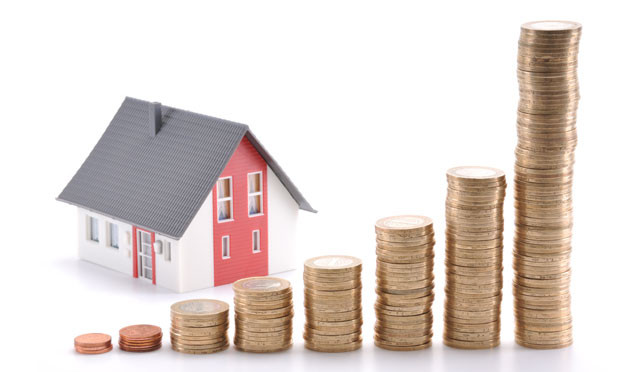Top tips when buying a second property

Last updated on 13th December, 2017 at 10:05 am
Do your research. Any type of second property will cost you money, so it’s worthwhile knowing the implications before you make that big buy.
Investment property
The aim with an investment property is usually to rent it out. To be successful in the letting business you need to do your homework. Tip 1: Make sure you have read and understand your mortgage bond insurance policy. Some insurance policies for homeowners state that you aren’t insured if your property is vacant for a certain time period. Before you decide not to let out your property for whatever reason, read the fine print of your policy. Tip 2: Employ a reputable rental agent with a good knowledge of the real estate market who can help you get top dollar for your property rental. They can take care of all the time-consuming tasks involved in letting a property, such as advertising the property, showing the property, screening applicants, collecting deposit and monthly payments, and deal with maintenance issues. Tip 3: If you decide to handle the rental of the property yourself, it is best to hire an attorney to assist you in the completion of the lease agreement. This can save you a lot of money in legal fees. The lease agreement is your backup in case disputes arise between you and the tenant. Tip 4: Always keep the property in good shape. Small maintenance issues can become big maintenance problems if they are not handled quickly and professionally. A landlord who responds to the maintenance concerns of a tenant will build good rapport with them and keep them happy in their current living arrangement. Tip 5: Learn to be flexible in the dealings with your tenant. Understand that a good tenant makes a landlord happy. Compromising in certain situations can lead to the tenant staying longer, being happier living in your property and paying the monthly rent on time. Tip 6: Remember that income from property rental is taxable, so if you are planning on letting your second home out, you will have to declare it as part of your earnings. This is also true of letting out a holiday home. Tip 7: When you sell a second property (be it an investment property or a holiday home), it will be subject to capital gains tax. As this tax takes into account potential future price growth, many people find it difficult to understand. Rather get an accountant to assist with a projection and other matters relating to tax implications. Read more about capital gains tax here.
Holiday home
With holiday homes, there are a variety of expenses making holes in your budget, so do your research carefully and adjust your budget accordingly. Tip 1: You must be able to afford it. Your affordability for a second property is calculated in much the same way as it is for your first, but the banks are likely to be more stringent. They will almost certainly require a significant deposit and will scrutinise your income and expenses closely to be sure that you can afford the monthly bond repayments. Tip 2: There will be additional costs. With holiday homes, there are many different expenses that eat into your budget, so do your research carefully and adjust your budget accordingly. Holiday homes are usually located far away from where you live and you will have to appoint a letting agent to manage the property on your behalf. The costs of refurbishment, maintenance, rates, taxes, electricity and water, as well as possible levies, will come out of your pocket, as well as insurance and security. Obviously there will be transfer duties and legal fees. By Helen Ueckermann
Want to learn more?
We send out regular emails packed with useful advice, ideas and tips on everything from saving and investing to budgeting and tax. If you're a Sanlam Reality member and not receiving these emails, update your contact details now.
Update Now







